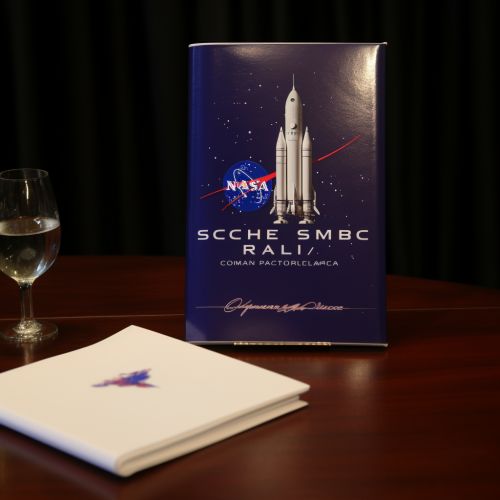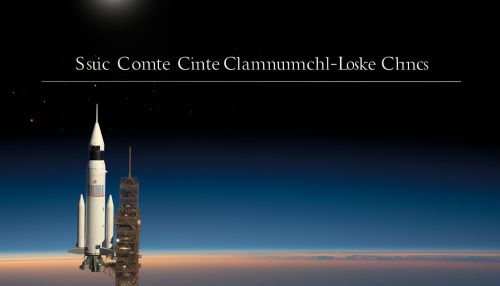U.S. Commercial Space Launch Competitiveness Act
Overview
The U.S. Commercial Space Launch Competitiveness Act (CSLCA), also known as the SPACE Act of 2015, is a United States federal law enacted to facilitate a pro-growth environment for the developing commercial space industry. This Act encourages competitiveness, opens up new opportunities for innovation, and addresses issues related to national security and public safety.


Legislative History
The U.S. Commercial Space Launch Competitiveness Act was introduced in the United States House of Representatives on May 13, 2015, by Majority Leader Kevin McCarthy. The Act was passed by the House on May 21, 2015. The Senate version of the bill was introduced on May 13, 2015, by Senator Ted Cruz, and it was passed on August 4, 2015. The final version of the Act was signed into law by President Barack Obama on November 25, 2015.
Key Provisions
The CSLCA is divided into four titles, each addressing different aspects of commercial space flight.
Title I: Spurring Private Aerospace Competitiveness and Entrepreneurship
Title I of the Act extends the "learning period" for commercial space flight through 2025, which limits the ability of the Federal Aviation Administration (FAA) to enact regulations on the industry. This title also extends the indemnification of commercial space launches, protecting companies from certain levels of liability in the event of an accident.
Title II: Commercial Space Launch Services
Title II of the Act updates the law regarding the use of government infrastructure by commercial entities. It also includes provisions for the use of International Space Station (ISS) and other multi-user space platforms.
Title III: Office of Space Commerce
Title III of the Act establishes the Office of Space Commerce within the Department of Commerce. This office is responsible for fostering the conditions for the economic growth and technological advancement of the U.S. space commerce industry.
Title IV: Space Resource Exploration and Utilization
Title IV of the Act recognizes the right of U.S. citizens to own asteroid resources they obtain as property. This is the first such law to recognize extraterrestrial property rights.
Impact and Significance
The U.S. Commercial Space Launch Competitiveness Act has had a significant impact on the commercial space industry. By extending the "learning period," the Act has allowed for greater innovation and risk-taking in the industry, leading to advancements in technology and the growth of commercial space flight. The Act's recognition of extraterrestrial property rights has also opened up new possibilities for asteroid mining and other forms of space resource utilization.
Criticisms and Controversies
Despite its positive impact on the commercial space industry, the CSLCA has also been the subject of criticism and controversy. Some critics argue that the Act's limitations on FAA regulation could compromise safety. Others have raised concerns about the Act's recognition of extraterrestrial property rights, arguing that it could lead to a "land grab" in space.
